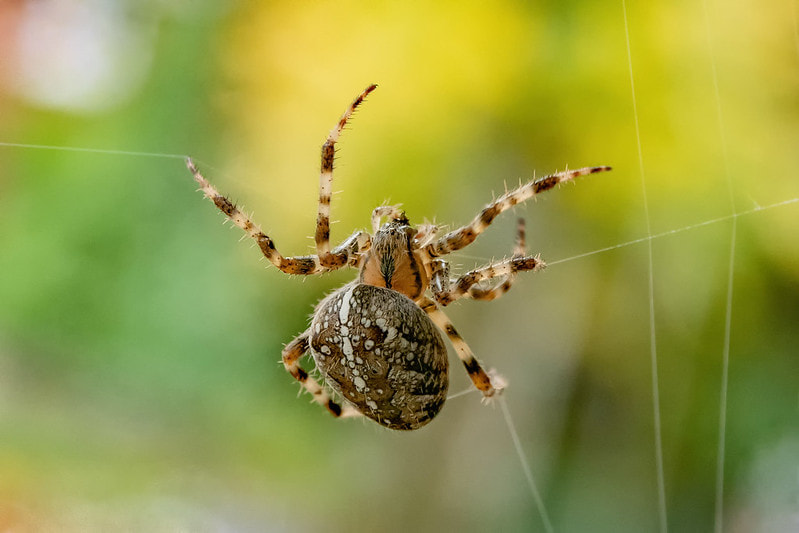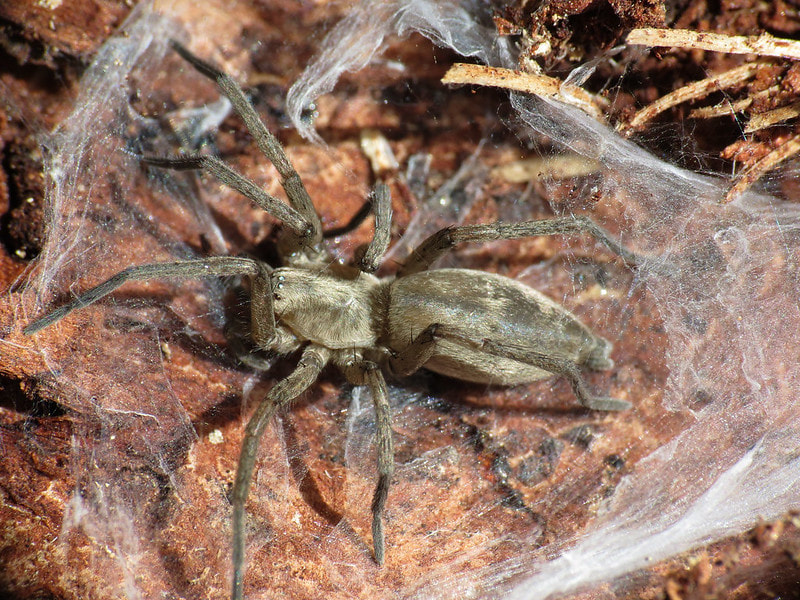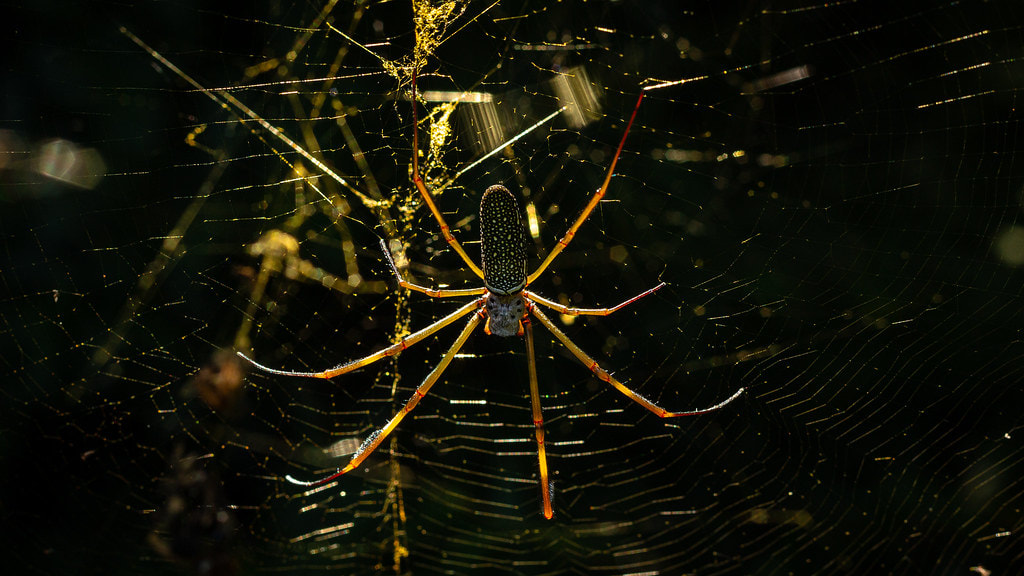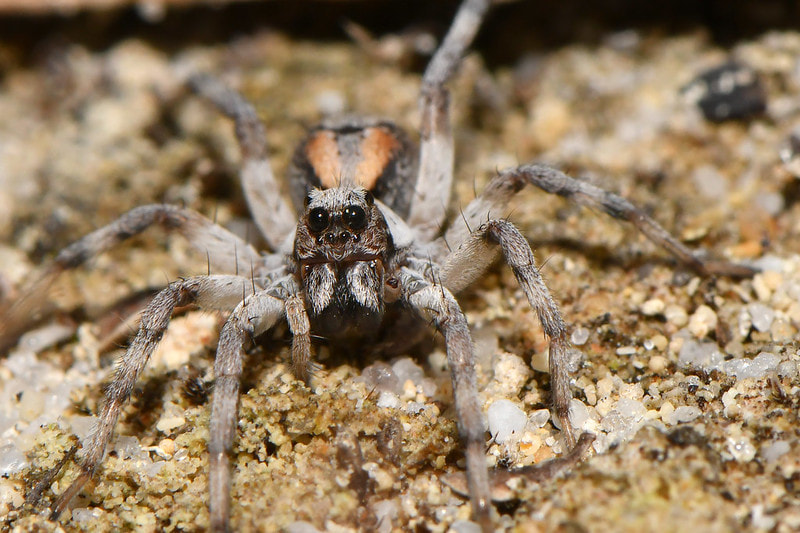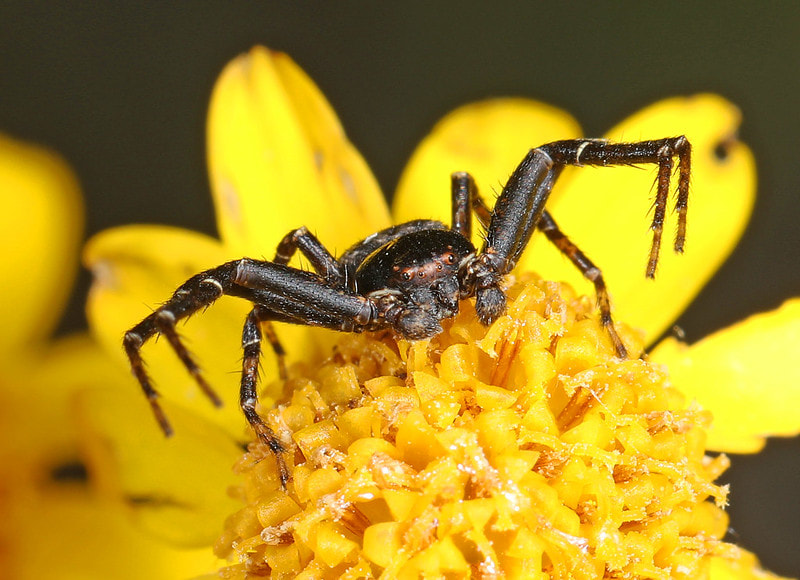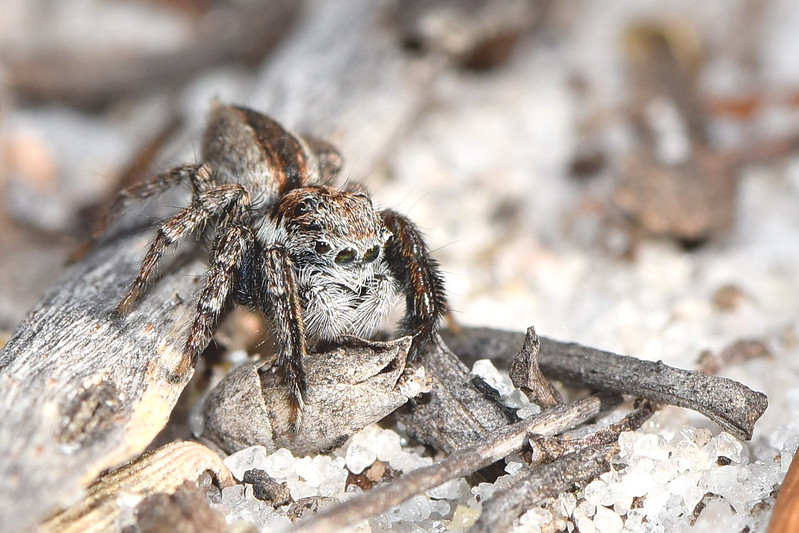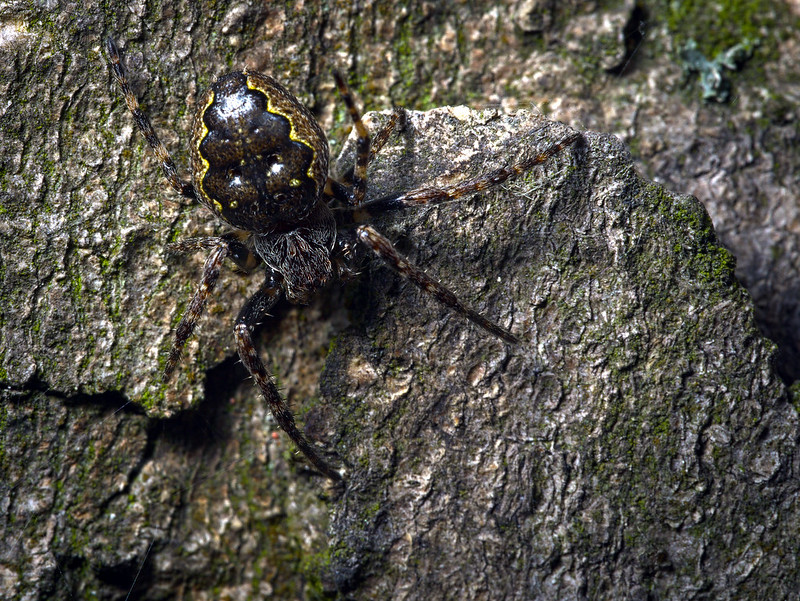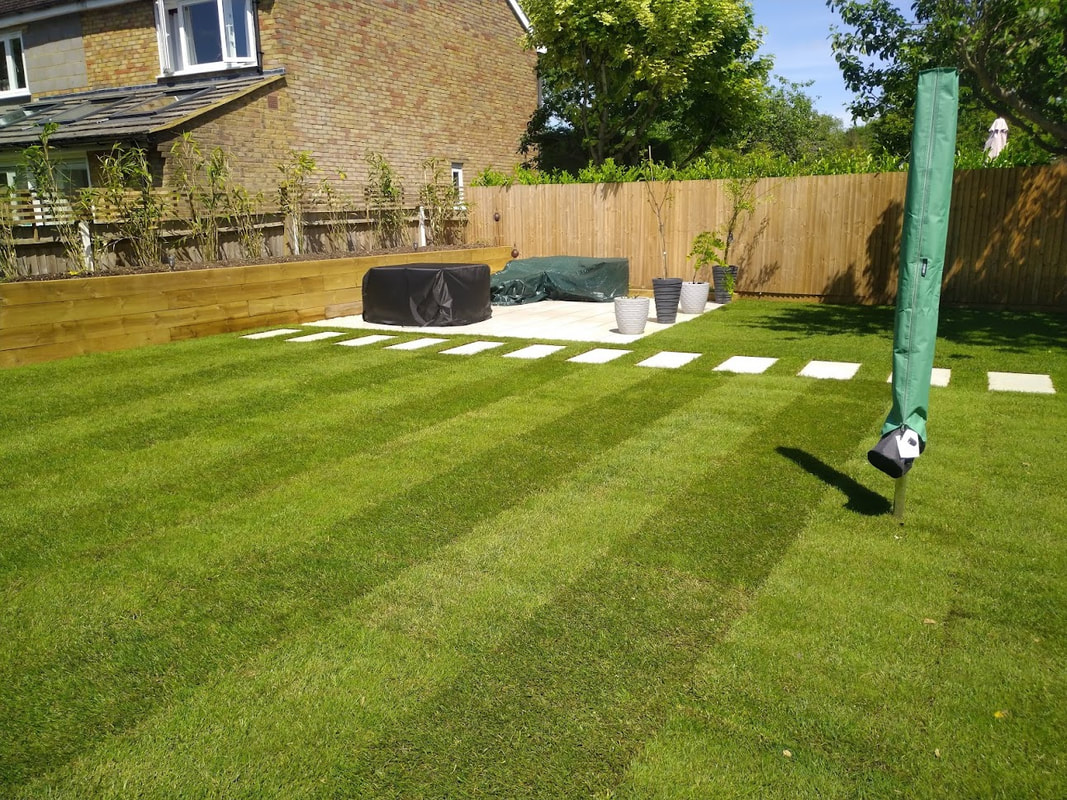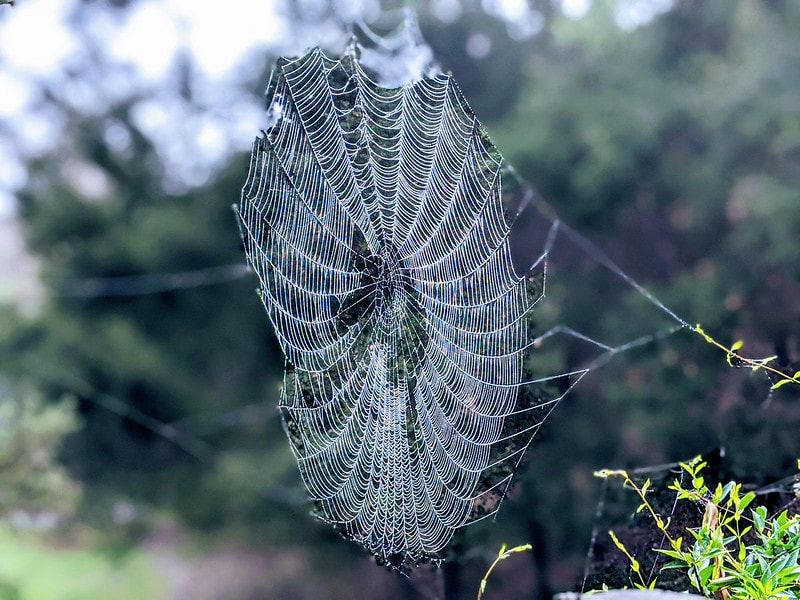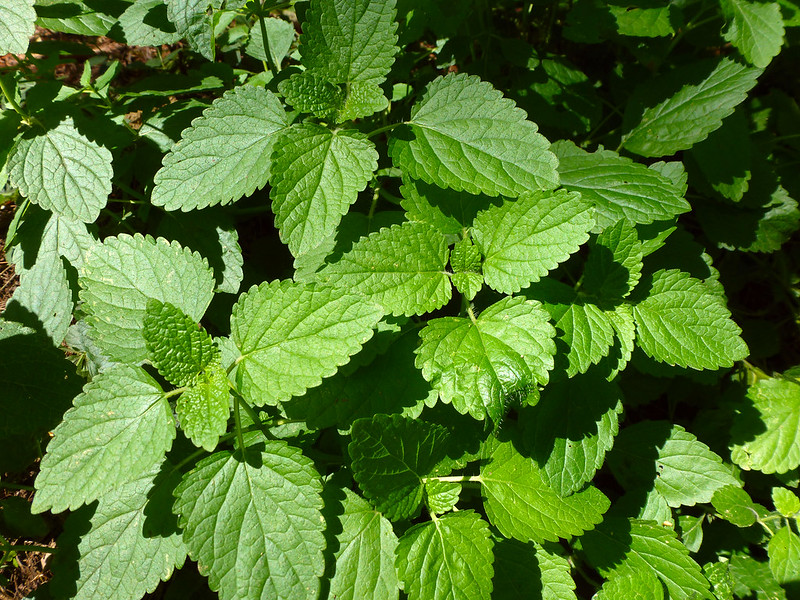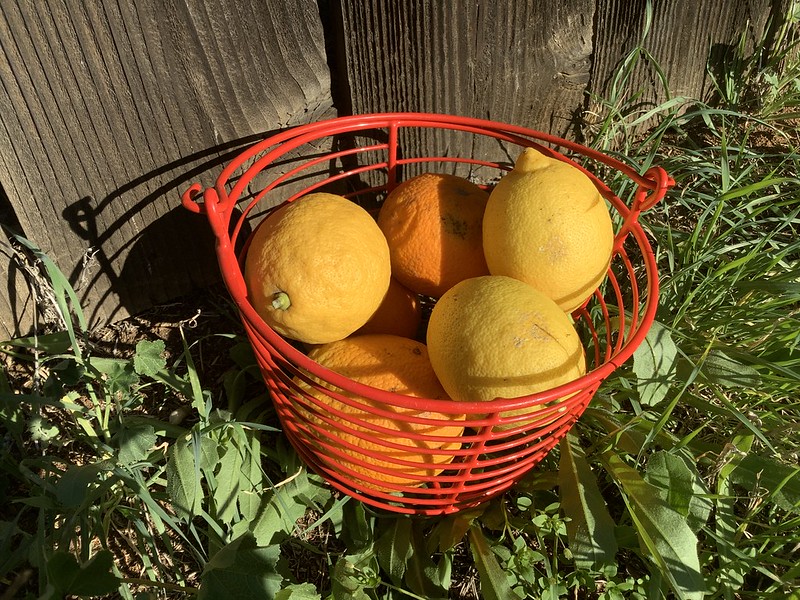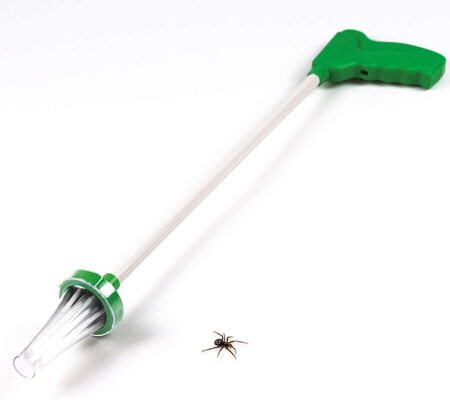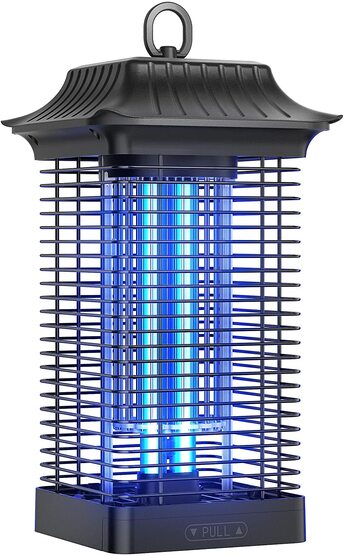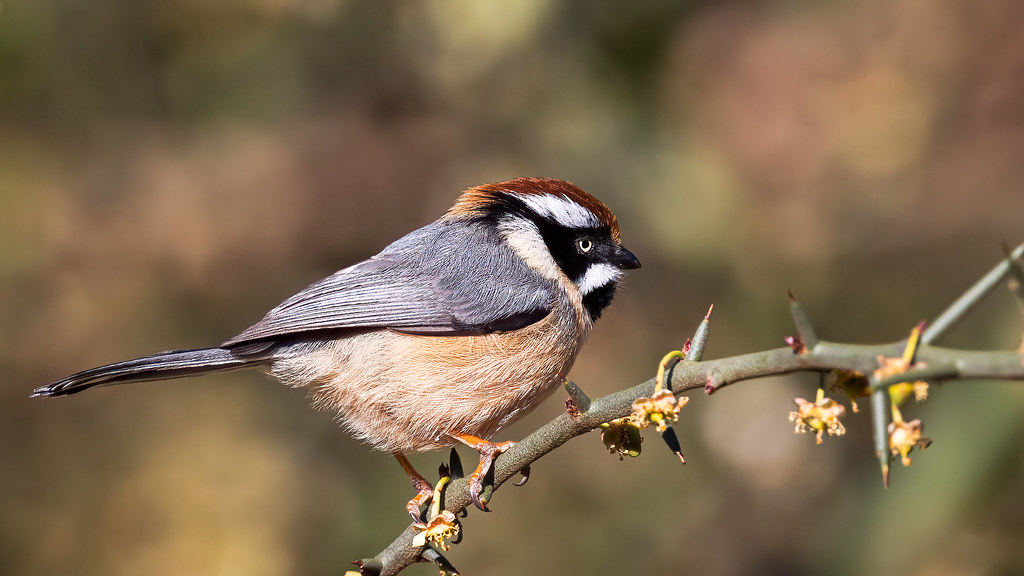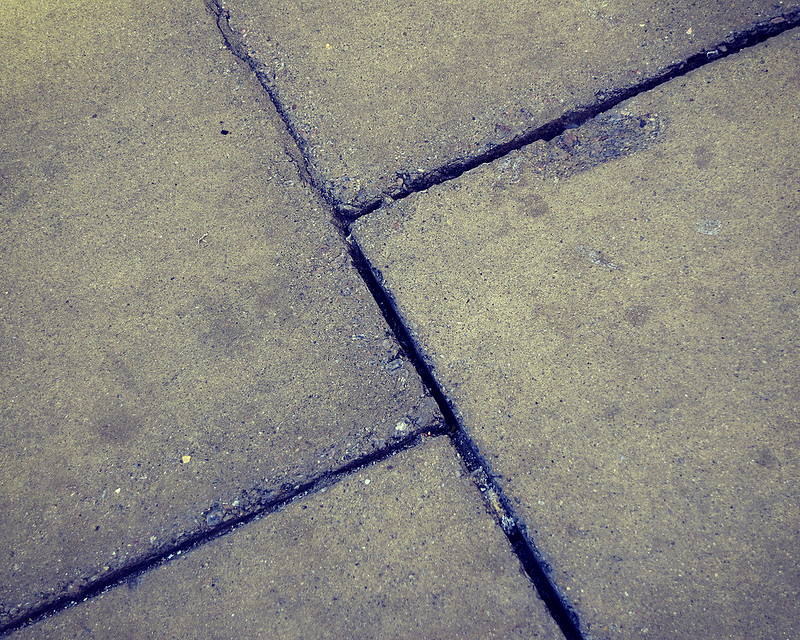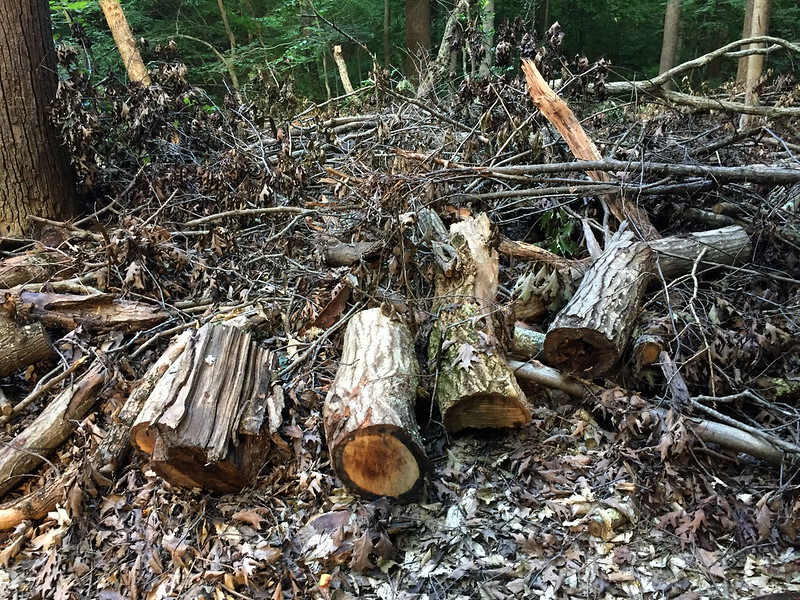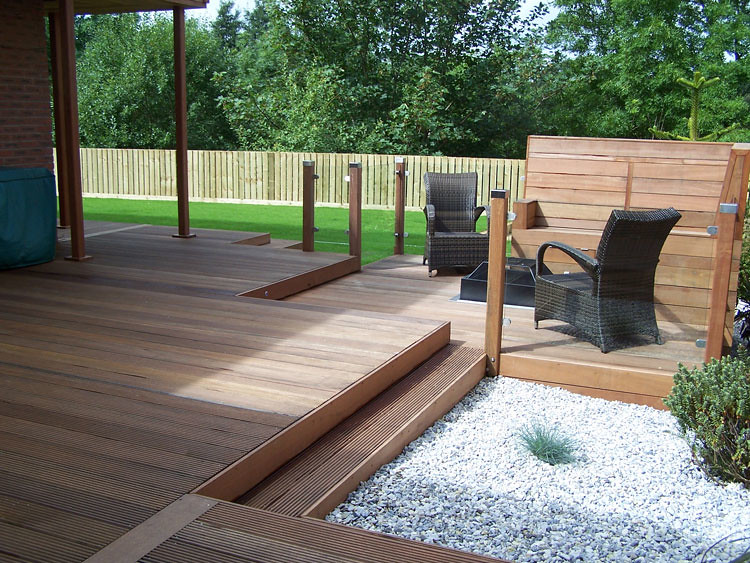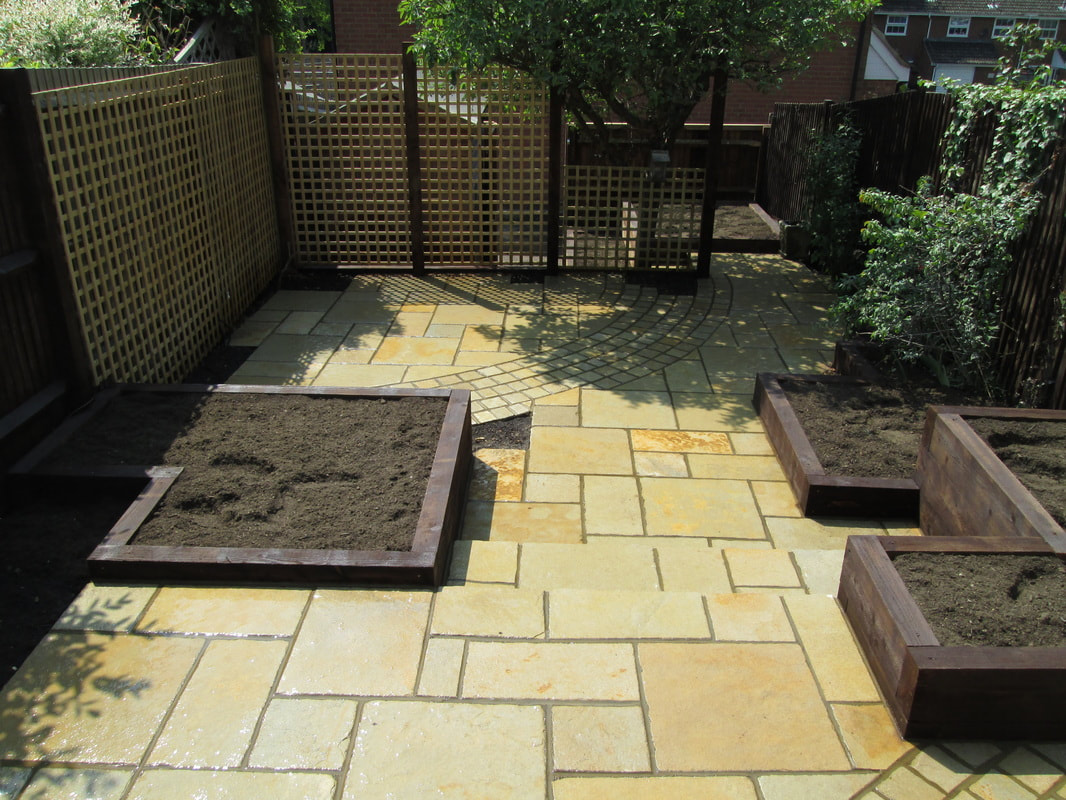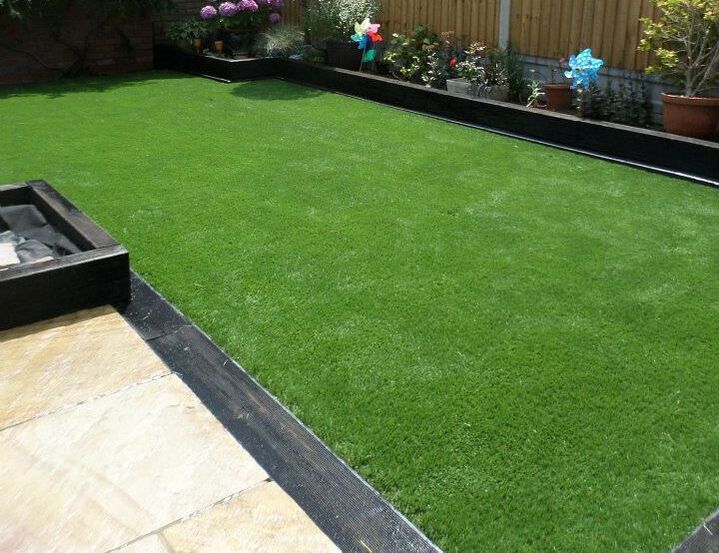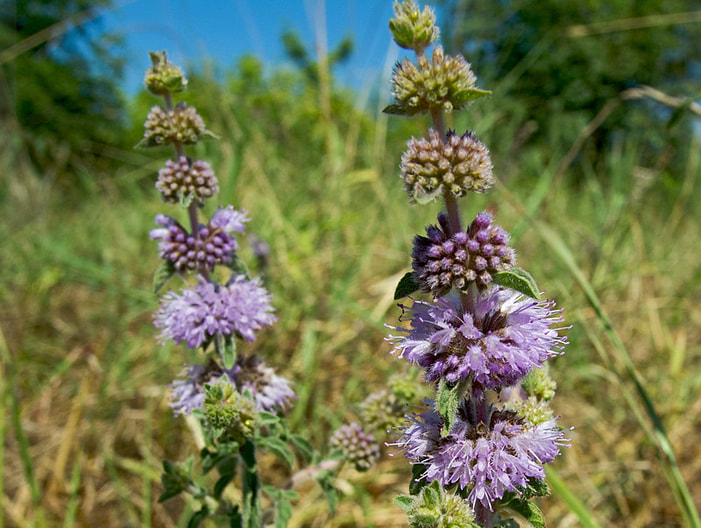|
This article contains affiliate links
Spiders are one of the most widespread and successful species on planet earth. These air breathing, eight legged Arthropods have colonised every continent except Antarctica.
They have adapted to every ecological niche and habitat which allows enough food and shelter to support them. It is no wonder that any environment comfortable enough to support humans will also host spiders. It has been said that you are never more than a couple of metres away from a spider. The simple thought of this can make some people physically nauseous. Studies have shown that around 75 percent of the population has a fear of spiders on some level. So common is the fear that it commands its very own defined phobia, Arachnophobia! Many psychologists believe that this is down to conditioned fear formed from bad experiences. However any honest observer will admit their threatening jaws, alien stare and fast walk is rather terrifying. It has also been theorised that this fear is based upon an evolutionary recognition of danger. As Humans evolved from warm climates where spiders could be poisonous and life threatening. The overwhelming point of the matter is most people do not like spiders. Even though it is not the desire of most to kill most people we would rather keep them away. The unfortunate truth is gardens provide bountiful environments for spiders. In this article we will investigate how to get rid of spiders from your garden. We will cover the quick things you can do up to landscaping your garden in a way to discourage them. Understanding spiders
Spiders sit at the high end of the lower food chain above most insects and invertebrates. As they are a predatory species they have a role in keeping smaller insect numbers in check. Although spiders may look threatening to us they really want nothing to do with us. The truth is humans as a species create the perfect conditions for spiders. Our acres of tame and bland landscapes have created places where their predators are rare! Reptiles, amphibians, birds and small mammals are generally, always persecuted by people. Our continuous destruction of their predators habitat means spiders love us and want to live close to us! Our secure sheds and garages provide the perfect overwintering quarters and hiding places. Some countries do have deadly poisonous spiders which can bite people. However this is not the outcome any spider really wants. Humans are far too large for spiders to eat so will never go out of their way to bite. Bites typically occur by accident when they are threatened, crushed or trapped. Hence it is important to understand most of the time we are the problem. They are just taking advantage of an ecological niche we have provided for them. Why are spiders living in your garden?
Spiders are probably living in your garden because they have been provided a sheltered environment with ample food. Typically in the natural world there is a natural balance of species within a given area. However modern gardens generally provide hostile environments for species that eat spiders. At the same time we provide the perfect sheltered habitats for the organisms spiders feed upon. Our properties are full of warm, nooks and crannies for spiders to hide and feel safe. Basically to cut a long story short, spiders live in your garden because its spider haven! Advantages of having spiders in your garden
Believe it or not spiders are categorised ecologically as a beneficial species. They have the ability to feed on such a wide variety of pest species around our homes. Spiders can devour everything we hate including; fleas, ticks, bed bugs, aphids, flies, wasps, beetles, ants, termites, mosquitoes, Cockroaches, Woodworms and Maggots. Basically spiders eat everything we hate in the garden making them a free and natural source of pest control. Disadvantages of having spiders in your garden
The most typically mentioned disadvantage of having spiders in the garden is cobwebs. Garden spiders will spin webs to catch flying insects and to create nests. Nursery webs can be seen under the eaves of buildings and under fence trims. Usually walking through a spider’s web can be a little discomforting especially if you are scared of spiders. However most of the time the main disadvantage it is that we are scared of them. This has more to do with our prejudice than an actual, sincere disadvantage. Venomous spiders in the garden
However it must be noted that spiders that are particularly venomous can cause pain and even death. This will really depend on where you live on the globe. The USA and Australia have many more harmful venomous species than Europe. If you have young children in such circumstances reducing spiders is completely understandable. Do garden spiders bite?
Spiders do have the ability to bite people; however the majority of species have fangs not powerful enough to penetrate human skin. However even in countries with less venomous species bites can cause pain, irritation, nausea and even sickness. It is important to understand no spider will go out of its way to bite a human. Bites occur when a spider is trapped, threatened or squashed. Do garden spiders hibernate?
Spiders like most insects slow down in cold conditions. Spiders are cold bodied and go into a state similar to hibernation called Diapause. This is where they basically go into a state of dormancy. In temperate climates with cold winters spiders will seek sheltered locations for diapause. This could be in a bike shed a log pile or underneath floorboards. Spiders have chemicals within their bodies similar to antifreeze which can prevent getting frozen. However once the temperature goes below a certain threshold of about minus five, severe frost can kill spiders. 17 ways to get rid of spiders naturally?
Most of the time there is a desire to get rid of spiders from the garden without using chemicals. We want to discourage them without killing plants and polluting the surrounding environment. Below I have listed 17 strategies for getting rid of spiders naturally from your garden. 1. Keep your garden clean and tidy
One of the simplest ways to reduce spiders in your garden is keep it clean and tidy. Spiders like untidy places where they can hide from danger and seek out prey. Try to organise your garden so there is no clutter. Clean up seasonal leaf fall and remove general debris. 2. Pressure wash surfaces
Our patios, driveways and even masonry walls have an ecology all of their own. This can be surprising to some people but generally surfaces can harbour whole ecosystems. This is particularly the case with porous materials in damp and shady conditions. Spiders love to stalk these places for smaller prey species. Try to pressure wash such surfaces clean and even better seal them afterwards. 3. Remove spider webs
Spiders spin webs to catch flying insects in the most preferable locations. By observing where spiders set up webs you can identify popular hunting sites. By taking down features webs are attached to you can discourage spiders from staying in that area. By continually clearing webs away you will encourage spiders to go elsewhere. 4. Grow plants which repel spiders
Spiders do not like strongly smelling plants and these can be deliberately planted to repel them. Some typical examples of these are; Pennyroyal, Mint, Basil, Lavender, Lemon balm and Rosemary 5. Create a natural insecticide
An effective way to get rid of spiders from your garden is to create a natural spider repellent. This can be done by mixing Mint, Eucalyptus and Lavender essential oil with white vinegar and water. This can be added to a spray and applied to areas you wish to keep spider free. 6. White vinegar
White vinegar is a natural insect repellent being both acidic and emitting strong aromas. This can also be added to spray bottles and applied to crevices or spider hot spots. 7. Citrus
Spiders to not like the aromas of citrus fruits and especially the smell of lemons, consequently fresh lemon juice can be added spray bottle repellent mixtures or water sprays. The fruits themselves can be dried, ground up and spread upon flowerbeds. 8. Diatomaceous earth
Diatomaceous earth is a fine type of rock formed over millions of years from fossilised sea life. When ground into a fine powder its particles can be microscopic. When spiders are exposed to this powder it enters their exoskeleton mechanically disabling them. 9. Spread Cedar wood chips
Cedar wood chips as well as looking attractive and smelling great can naturally repel spiders. The wood fibres emit naturally fragrant hydrocarbons and natural acids which deter spiders and other creatures. These can spread around flowerbeds or as mulch to pots and containers. 10. Live catching
Live catching is not the most exciting idea especially if you do not like spiders. However live trapping and releasing in another location can be a humane solution. If you do not wish to get close to spiders themselves you can use aspider grabber. These provide a quick and easy way to move live spiders harmlessly without getting close. 11. Glue traps
Glue traps are a good way to collect a whole manner of creepy crawlies from the garden. They work by sticking anything which crawls across the trap down to it. The problem with these is they are indiscriminate and kill many beneficial organisms. 12. Ultrasonic pest repellersThese outdoor pest repellers can scare away a great number of pests from the garden. They can work for animals as big as foxes all the way down to smaller insects. These clever gadgets can even repel spiders from your garden in a humane manner. 13. Insect lamps
Insect lamps are electrical devices which emit heat and light via an electrical current. When they are turned on the light attracts multiple flying insects to the light. When they fly into the light they get zapped by the electrical current. This reduces the levels of spiders natural prey encouraging them to go elsewhere. 14. Cover drainsExposed and unclean drains can emit a foul odour, especially during the summer months. These smells can attract flying insects towards your home. This results in more available food for spiders which acts as an attractant. Hence it is a good idea to thoroughly clean drains and cover them over. 15. Encourage birds
Some of the most effective predators of spiders are birds. These winged creatures can swoop down and pick off spiders without even landing. Therefore anything you can do to encourage more birds will reduce spiders in your garden. 16. Reduce garden lighting
Excess, garden, lighting can really attract more insects to your garden during twilight. Flying insects such as mosquitoes and moths are attracted to such lights at night. This intern encourages spiders to hang around your property looking for an easy meal. 17. Seal off crevices
One of the things spiders love is tight crevices and gaps they can crawl into and hide. These places are warm and provide security from predators. Nooks and crannies are also great places to hide out during the winter months. To take away this option make sure you seal such crevices with an external grade sealant. Landscaping your garden to make it less attractive to spiders
Ultimately one of the best ways to get rid of spiders from your garden is to make it less attractive. This will normally require some re-planning and landscaping of the whole yard. In order to provide you a clearer picture, we have listed below what kinds of landscaping spiders like. This way you know what garden installations to stay away from. Garden landscaping spiders loveOvergrown vegetation
Like most wild species gardens with lots of overgrown vegetation are most favourable to spiders. These gardens offer plentiful places to hide, make webs, and search for food. Therefore if you want less spiders in your garden you must clear out overgrown vegetation.
Poorly laid paving and cracked surfaces
Cracked paving and concrete provide the most secure hiding places for spiders. Old broken surfaces are the perfect place to hide from predators and overwinter. Sealing these cracks or repaving will help to reduce your gardens spider count.
Old rotten fences
Old decaying fences are full of crevices which are perfect for spiders to get up high and hide. These provide the perfect opportunity to spin webs and create nests for rearing young.
Dead wood
Not only does decaying wood provide safe and warm places to hide they are abundant habitats. Dead wood is full of small creatures feeding and sheltering in these environments. This makes them the perfect places for spiders to hunt. A good way to reduce spiders in the garden is to remove all dead wood.
Raised beds
Raised beds may not seem to be of much benefit to spiders but they do provide great places to shelter. This is especially so where raised beds are built right next to boundary fences. Here spiders can remain tucked completely out of the way of predators. Raised beds also provide lots of shelter from prevailing winds and web building opportunities.
Decking
Decking provides some of the most secure garden habitats for various species of spiders. Firstly the gaps between boards are the perfect size for spiders to crawl under. Once under decking they have free mobility to roam in a safe a warm environment. Spiders regularly nest and rear young between decking joists.
Overgrown lawns
Spiders love to inhabit dense vegetation where there is an abundance of prey species available. A good example of such a space is an overgrown garden lawn or wildflower meadow. Meadows are great if you want to be kind to the environment and increase biodiversity. However if your primary goal is to reduce spiders you may want to get rid of them. Or alternatively keep your lawn well maintained and regularly cut.
Garden structures
Spiders love to get up high and take advantage of any garden structures we erect for them. Structures such as pergolas offer perfect places to spin webs and avoid humans. They particularly love to hide inside gaps or within the foliage of climbing plants.
Old sheds
If there is one situation a spider loves it is an old shed in winter. Such places are typically filled with hordes of old tools and extra storage from the home. This provides a labyrinth of opportunities when searching for a place to raise young and overwinter. If you wish to reduce spiders you may want a good, shed, sort out!
Garden landscaping spiders hate
If you are in the process of eliminating landscapes spiders love, you may wish to install new landscaping they hate. Below we have listed the main types of garden installation that spiders do not like. Installing such will dramatically reduce the amount of spiders in your garden. Correctly laid paving
Correctly laid paving will provide consistent and flush surfaces which will offer no sanctuary to spiders or their prey. Bright colours such as porcelain and sandstone will also reduce a spiders camouflage leaving them vulnerable.
Gravels
Gravels can provide inconsistent and cumbersome terrain for spiders to navigate across quickly. This can leave them vulnerable to attack from other predators such as birds. This is especially so for gravels graded at 10mm and above. The lighter the colour gravel the less camouflage they will be this exposes them to predation.
Artificial lawn
Artificial grass may look like your average lawn from a distance but is pretty much devoid of ecology. The plastic fibres of the surface provide no habitat value making them a hungry waste ground to a spider. The dense blades are also troublesome for spiders to navigate across quickly.
Architectural planting
Architectural plants have much less dense foliage and ecological value than traditional shrubs. This means they provide a lot less cover to spiders and other insects. By planting such plants you will benefit from less creepy crawlies in general.
Aromatic plants
Spiders have a particular disliking for plants which emit a strong aroma. Some of the best examples of these are familiar garden herbs. If you do not want spiders near your patio plant a herb garden border nearby. The best examples are Peppermint, Mint, Pennyroyal, Lavender and Rosemary.
New fencing
New, more modern, garden fencing generally have less nooks and crannies where spiders can hide. Furthermore by painting panels a lighter colour will leave spiders more exposed when climbing. The less vegetation you also have leaning up against your fence will also help reduce spiders.
Bright colours
Bright colours in general are not appealing to spiders. Spiders rely upon their camouflage to remain hidden from birds and other predators. When landscaping consider how you can make your garden as light and as colourful as possible.
Thank you for reading our article on how to get rid of spiders from your garden. If it helped with your search why not comment and share it via the tabs below? This really helps us to write more helpful content in the future!
If you are planning on undertaking a new landscaping project why not visit our resources page or essential landscaping tools article here.
'As an amazon associate I earn from qualifying purchases'
2 Comments
Thanks for pointing out that we can discourage spiders from staying in a certain area when we keep destroying the webs they create. I will keep that in mind and do it in the future after a spider pest control service handles the infestation in our garden. It has been bothering me for a week now, because I usually find myself getting caught with lots of their webs every time I want to water my plants.
Reply
3/22/2024 09:04:21 am
Hi Mia,
Reply
Leave a Reply. |
The Author
|
Landscaping services across Buckinghamshire, Amersham, Aylesbury & High Wycombe
Hyde Heath, Amersham, Buckinghamshire |
|

